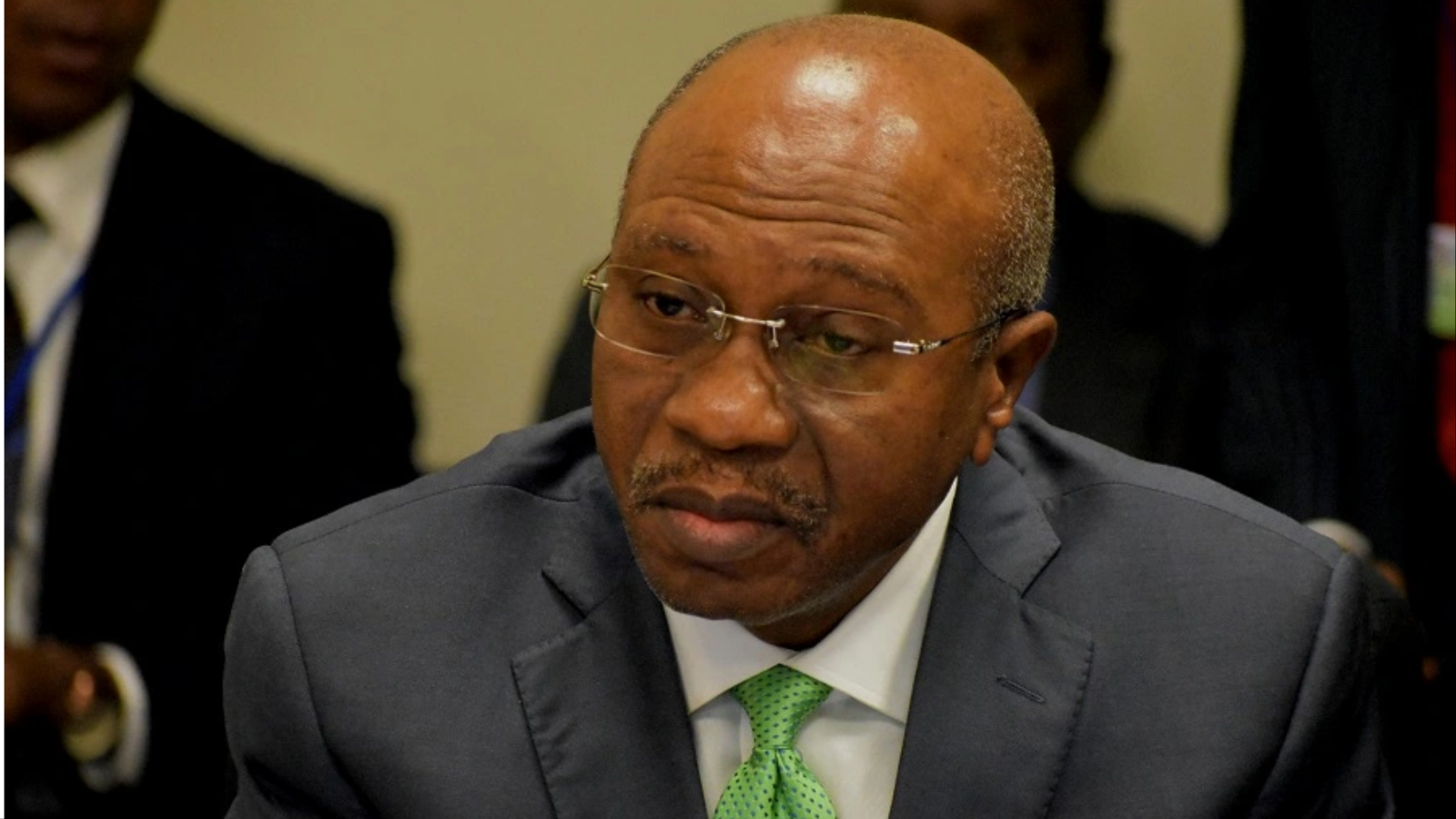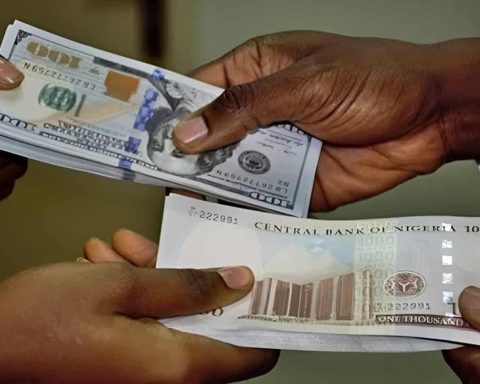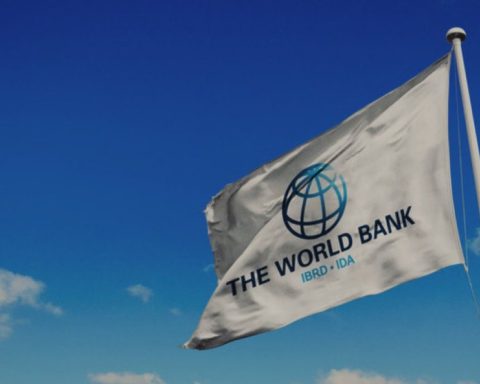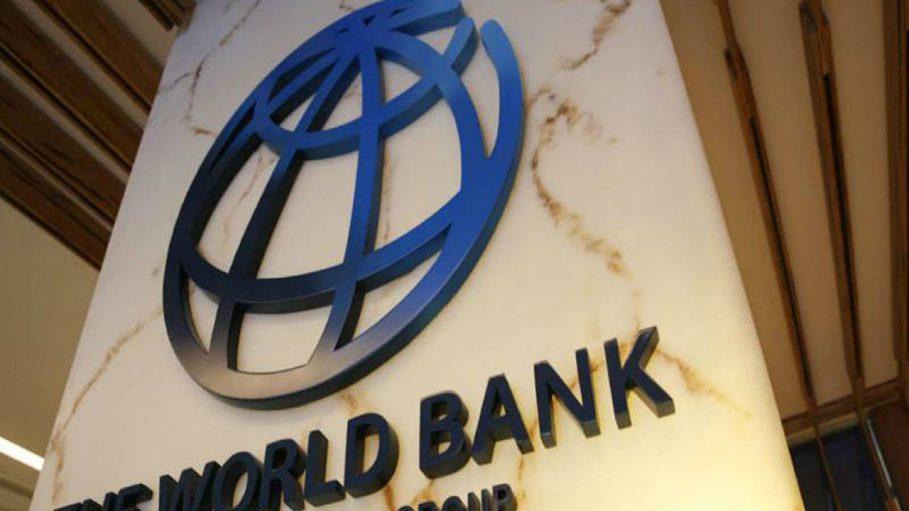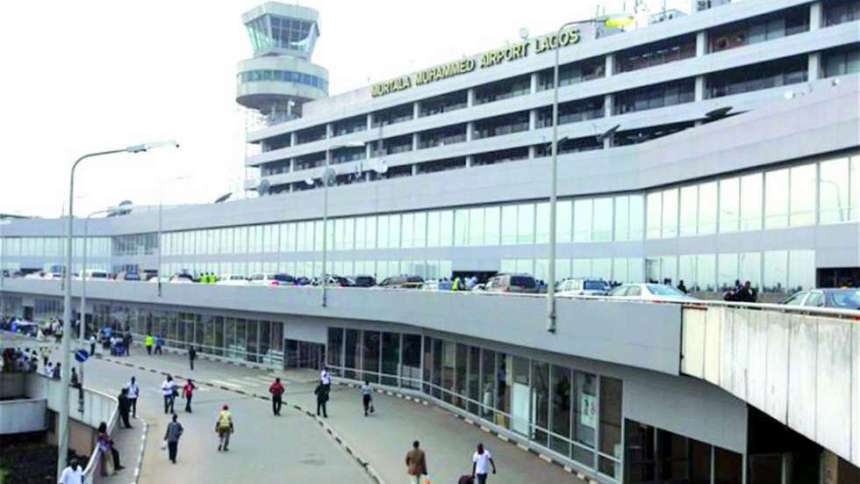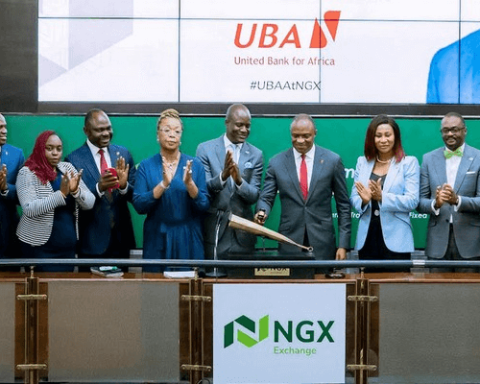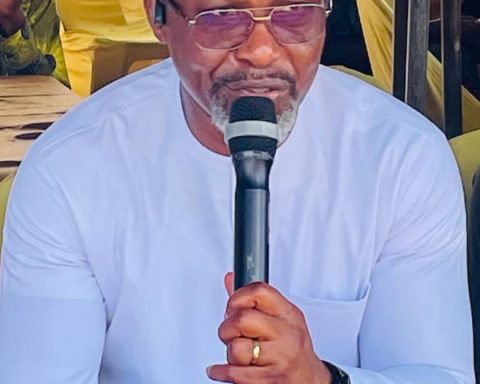The World Bank said the Naira redesign policy of the Central Bank of Nigeria (CBN) hampered the growth of Nigeria’s economy.
According to the financial body, the CBN’s Naira redesign policy has frustrated the effort to reduce poverty in Nigeria, where about 13 million Nigerians have been projected to become poor by 2025.
Join our WhatsApp Channel“Growth and poverty reduction have further been affected by cash scarcity in the context of the Naira redesign. The economy is projected to grow by an average of 2.9 per cent per year between 2023 and 2025, only slightly above the population growth rate of 2.4 per cent.
“Growth will be driven by services, trade, and manufacturing. Oil production is projected to remain subdued in part because of inefficiencies and insecurity.
“With Nigeria’s population growth continuing to outpace poverty reduction and persistently high inflation, the number of Nigerians living below the national poverty line will rise by 13 million between 2019 and 2025 in the baseline projection,” the World Bank wrote in its Macro Poverty Outlook for Nigeria: April 2023 brief’.
The World Bank said Nigeria is in a more fragile position than before the late 2021 global oil price boom. Its 2.9 per cent growth projection for Nigeria is lower than the 3.2 per cent projected by the International Monetary Fund (IMF).
Nigeria’s central bank’s Monetary Policy Committee (MPC) had also projected a lower growth rate of 2.88 per cent for this year.
Addressing the growth rate of the IMF last week, Emefiele said the projection is sub-optimal, but it shows that the country is benefiting from the policies implemented.
“I must say that we are delighted that even in sub-Saharan Africa, the growth levels in Nigeria, even though by our assessment, is still sub-optimal. That the IMF, would among all the countries in Africa, say that growth in Nigeria should be retained at 3.2 percent, gladdens our heart,” Emefiele said.
“It means we are doing certain things that are correct and we’ll continue to do those things that are right,” he stated, adding, “But it also means that we are not going to remove our eyes on monetary policy, which is to focus extensively on how to moderate inflation, but at the same time, ensure that banking system stability remains resilient and then strong, as it is right now.”


